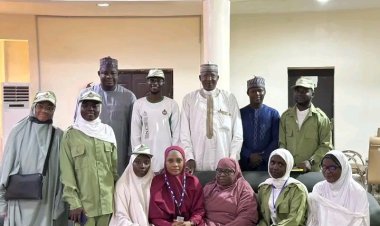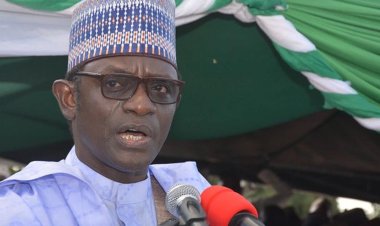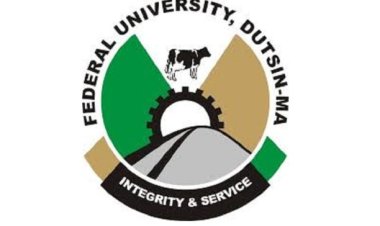UNICEF Raises Alarm Over Dropout Rates Among Adolescents in Southwest Nigeria
UNICEF Raises Alarm Over Dropout Rates Among Adolescents in Southwest Nigeria The United Nations Children’s Fund (UNICEF) has expressed serious concern about the 8-15% dropout rate among adolescents in primary and secondary schools across Nigeria’s Southwest region. This region includes Ekiti, Oyo, Lagos, Ondo, Osun, and Ogun states.
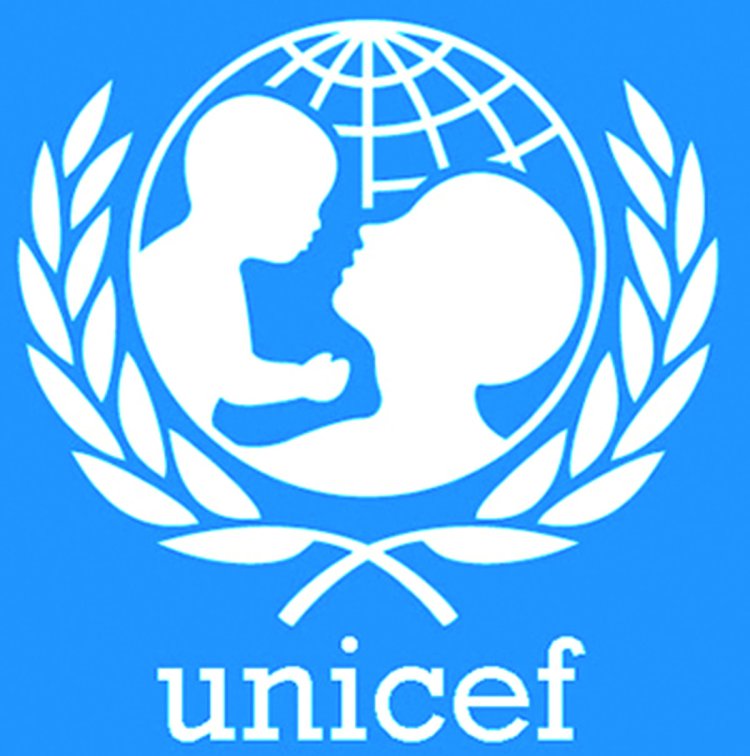
The United Nations Children’s Fund (UNICEF) has expressed serious concern about the 8-15% dropout rate among adolescents in primary and secondary schools across Nigeria’s Southwest region. This region includes Ekiti, Oyo, Lagos, Ondo, Osun, and Ogun states.
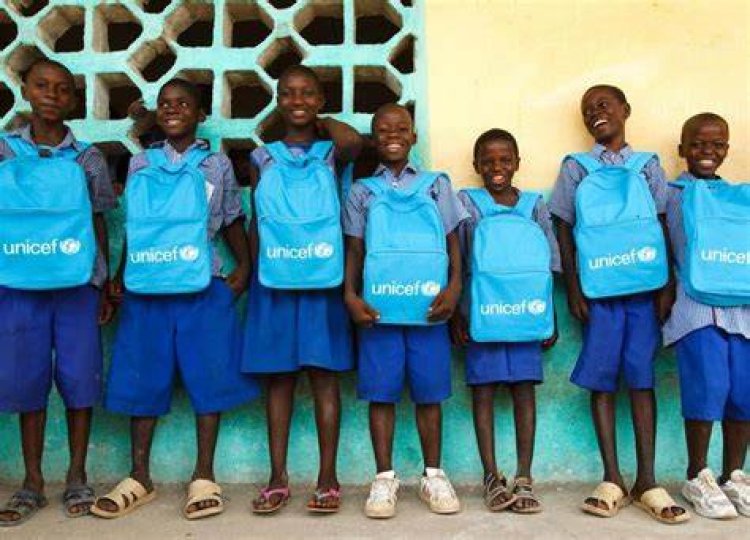
The alarming statistics were revealed by UNICEF Education Specialist Azuka Menkiti during a two-day regional stakeholders meeting on out-of-school child retention, transition, and completion models held in Ibadan. According to Menkiti, completion rates for primary and secondary education among adolescents aged 10 to 18 stand at 92% and 85%, respectively. She warned that failing to address these dropout rates could have severe implications for the education sector both within the states and nationwide.
“This meeting is crucial for addressing the challenges we face in retaining students and ensuring they complete their education,” Menkiti said. “UNICEF is committed to supporting states in enhancing retention, transition, and completion of secondary education for adolescents.”
The focus of the meeting was on examining successful intervention models and adapting them to fit the needs of individual states. Participants included commissioners, SUBEB chairmen, and other key education stakeholders from the Southwest states. They reviewed strategies to improve retention and ensure students complete their education.
Menkiti highlighted UNICEF’s efforts over the past decade in girls’ education, which have successfully increased school enrollment and retention. She stressed the importance of addressing both direct and indirect barriers to education, including social norms and inadequate funding.
“Our work is centered around three core areas: system strengthening, expanding access to education, and creating quality learning opportunities,” Menkiti explained. “We are advocating for states to commit to adequate funding and to develop credible data to support advocacy efforts for improving secondary education.”
Babagana Aminu, UNICEF Education Specialist for the Lagos office, added that while about 80% of children are in school in the Southwest, retention remains a significant issue. He urged government and education stakeholders to focus on fundamental literacy, numeracy, and transferable skills to better prepare children for the future.
UNICEF Programme Officer Muhammed Okorie emphasized the importance of designing effective models for each state to improve retention and educational outcomes. “Our mandate is fulfilled only when every child’s right to education is fully realized, protected, and upheld,” he said.
Oyo State Commissioner for Education, Science, and Technology, Professor Saliu Adelabu, acknowledged the state's previous high dropout rates but noted recent improvements. He also addressed the challenge posed by an influx of children from northern Nigeria, which he said presents a security issue. The Oyo State government is working to reintegrate these children into formal education or provide vocational training opportunities where necessary.
The meeting concluded with a call for continued collaboration and commitment from all stakeholders to enhance educational outcomes and ensure that no child is left behind in the pursuit of quality education.

 Lois Udoye
Lois Udoye 
